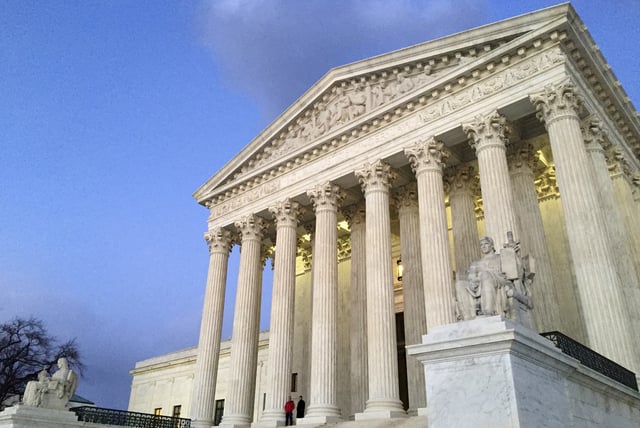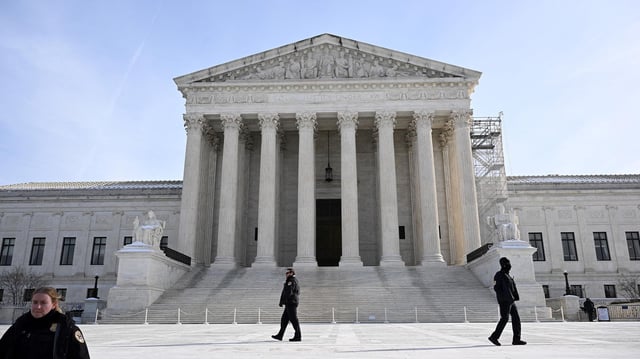Overview
- The Supreme Court ruled unanimously that Holocaust survivors and their families cannot sue Hungary in U.S. courts for property confiscated during World War II.
- The decision hinged on the Foreign Sovereign Immunities Act, which generally shields foreign governments from lawsuits in U.S. courts, with limited exceptions.
- The survivors argued that proceeds from the sale of their confiscated property were commingled with Hungarian government funds and used in U.S. transactions, but the court found this insufficient to meet the law's criteria.
- Justice Sonia Sotomayor, writing for the court, emphasized that allowing the lawsuit could harm U.S. foreign relations and set a precedent for reciprocal actions against the United States in foreign courts.
- The case, filed in 2010, has been through multiple appeals and previously reached the Supreme Court, which had sent it back to lower courts for further review.


